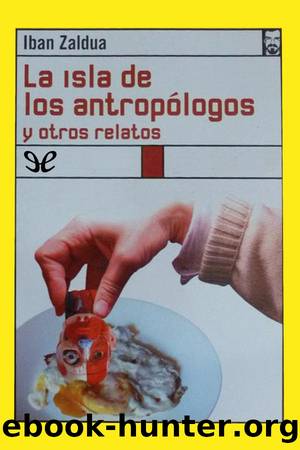The Cultural Capital of Asian American Studies by Mark Chiang

Author:Mark Chiang
Language: eng
Format: epub
Publisher: New York University Press
Published: 2009-09-14T16:00:00+00:00
As Kang somewhat elliptically acknowledges, the status of historical knowledge seems contradictory only because her critique is political, which inevitably is normative and entails realist claims. History thus furnishes the ground for her judgments, as in the preceding âsignificant historical realitiesâ or when she concludes that critical debates over Maxine Hong Kingstonâs The Woman Warrior are âsymptomatic of the problem of delineating what counts as âAsian American literature,â how âAsian American literatureâ always fails to stand for âAsian Americans.ââ43 This conclusion depends of course on knowing who âAsian Americansâ are.
Despite her rejection of referentiality, Kangâs critical method seems to repeatedly fall back on it. The other problem here is whether a recognition of the limits of historical evidence actually constitutes a critique of history as a discipline or whether it is in fact already part of the disciplinary methods of history. To fault the representation of Asian/American women in particular works of historiography is not the same as saying that history as a discipline is responsible for those misrepresentations. This whole quandary could be easily avoided simply by dropping the claim to a disciplinary critique, so the question is why Kang feels she must sustain that claim even if she struggles to specify the critique. I would argue that her commitment to antirealism and antirepresentationalism derives from her position in the academic field and is a strategy of legitimation in the primary institutional locations of her project: literary/cultural studies, Asian American studies, and womenâs studies. In practice, she is able to prevent the conflict from surfacing elsewhere in the book by dividing âhistoryâ from the discipline of âHistory,â implying the prior existence of one before its inscription as the other, even though she explicitly disavows this possibility. As it turns out, Kang has borrowed her critique of history from Lisa Loweâs analysis of realist representation in historiography, but as I will show, she also has borrowed from Lowe the device of splitting history in two.
Loweâs work has been highly influential in defining an interdisciplinary model of culture as the basis for an Asian American politics. Instead of securing it in an essentialized racial or cultural identity, Lowe proposes a complex model of Asian American culture as the product of the historical contradictions of liberal capitalist democracy. In her analysis, the Asian American subject is formed in relation to citizenship as the site of contradiction between the stateâs production of the national subject and the capitalist production of abstract labor power. History, then, constitutes the antiessentialist ground that enables us to theorize the basis for unifying the Asian American collectivity and culture. This is where questions immediately begin to arise, and although Lowe is cognizant of the problems, she is unable to resolve them completely. For example, Kang cites the contrast that Lowe draws between two different kinds of historiographical projects: the first is a representational project âmotivated by a desire ⦠to make visible the erased and evacuated histories in realist and naturalist modes,â whereas other projects âoffer alternatives to
Download
This site does not store any files on its server. We only index and link to content provided by other sites. Please contact the content providers to delete copyright contents if any and email us, we'll remove relevant links or contents immediately.
| Africa | Americas |
| Arctic & Antarctica | Asia |
| Australia & Oceania | Europe |
| Middle East | Russia |
| United States | World |
| Ancient Civilizations | Military |
| Historical Study & Educational Resources |
Wabi sabi by Kempton Beth(721)
Mr. Selden's Map of China by Timothy Brook(601)
Heroic Hindu Resistance To Muslim Invaders (636 AD to 1206 AD) by Sita Ram Goel(573)
Akbar: The Great Mughal by Ira Mukhoty(542)
The Meaning of India by Raja Rao(537)
Vedic Physics: Scientific Origin of Hinduism by Raja Ram Mohan Roy(535)
Banaras by Diana L. Eck(526)
Philippines--Culture Smart! by Culture Smart!(503)
Mao's Great Famine: The History of China's Most Devastating Catastrophe, 1958-1962 by Frank Dikötter(500)
Food of India by unknow(496)
China Unbound by Joanna Chiu(486)
How to Be a Modern Samurai by Antony Cummins(473)
India--Culture Smart! by Becky Stephen(473)
A History of Japan by R.H.P. Mason & J.G. Caiger(468)
Insurgency and Counterinsurgency by Jeremy Black(465)
North of South by Shiva Naipaul(461)
The Genius of China: 3,000 Years of Science, Discovery, and Invention by Robert Temple(446)
Kim Jong Un and the Bomb by Ankit Panda(430)
The Digital Silk Road by Jonathan E. Hillman(422)
